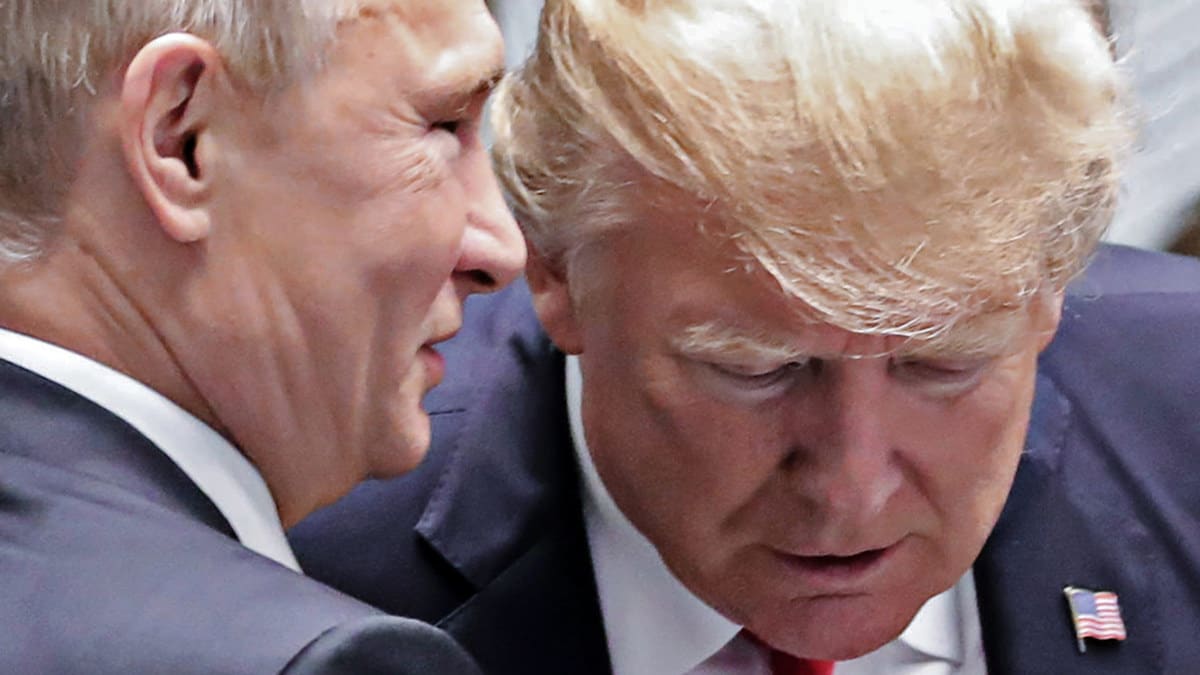CIA Kept Giving Intel to Russia, Got Nothing Back
Not long before Christmas in 2017, Vladimir Putin, the former KGB officer turned Russian leader, did something uncharacteristic. He praised the CIA.
Russian security officials had arrested people on suspicion of plotting terrorist attacks on St. Petersburg sites that included the majestic Kazan Cathedral. Intelligence warning of the allegedly imminent assault attacks came not from Russian sources, but from Langley. “The information received from the CIA was sufficient to search for and detain criminals,” the Kremlin announced. Putin asked President Trump to convey “words of thanks to the director of the CIA,” at the time Mike Pompeo, now the secretary of state.
That information reached Russia in response to an administration directive that troubled many in the intelligence community, according to a former senior CIA official. They didn’t have a problem with preventing innocent Russians from possibly dying. Instead, their problem was that the Trump administration, like several of its predecessors, had pushed the agency into a counterterrorism relationship that was nowhere near reciprocal.
According to Marc Polymeropoulos, who until July 2019 oversaw clandestine operations in Europe and Eurasia, the White House instructed a skeptical intelligence community to share counterterrorism intelligence with Russia, in pursuit of a great-power rapprochement that its predecessors in the Bush and Obama administrations had similarly tried. The effort began at the dawn of the administration.

No comments:
Post a Comment